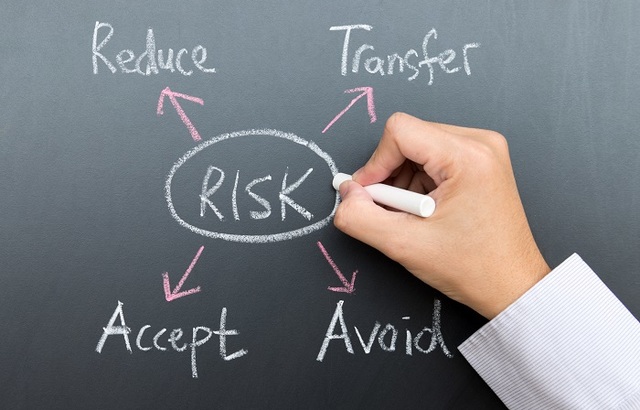Around 42% of UK investors avoid investment risk at all costs and just 6% said their family and friends would describe them as a risk taker, according to an Aegon survey.
The research also found that over half (56%) of those surveyed admit that their risk appetite is low or zero, preferring lower returns for minimal potential loss.
Reaffirming this, over two-thirds (67%) said they would be unlikely to invest any extra money they have into riskier investments, such as stocks and shares within the next year.
Nick Dixon, investment director at Aegon, said: “Regardless of the current turbulent political and investment landscape, failing to take measured risk is not prudent.
“Over the long term, reckless caution is the biggest risk of all.”
Fear and uncertainty
The survey revealed that fear and uncertainty are the key factors in holding people back from taking increased risks with their investments. Concerns about making a wrong decision were cited as the most likely (28%) reason.
Just 14% said they would be more open to taking greater risk with the knowledge that good investment returns over the long-term requires some risk.
The majority of savers prefer the safety of cash yielding less than 1% even when equities should yield more than 5% per year over the long term.
Dixon added: “Our research shows that the majority of UK consumers are exposing their money to stagnation and putting their assets at risk of falling well below the rate of inflation.
“This highlights the great value of good financial advice, which can build savers’ confidence and improve their understanding of risk to inform the right long-term investment decisions.
“With careful analysis, both adviser portfolios and multi-asset funds can be constructed to meet specific risk and return objectives.”
Concerns
Of those who said they are more risk-averse now than they were 10 years ago, 31% are nervous about the overall state of the global economy.
A quarter (24%) of respondents have concerns that there will be another financial crash and 19% have made financial losses in the past and are now more cautious with their money.
Around 12% are uncertain about the best investment strategy to use.








